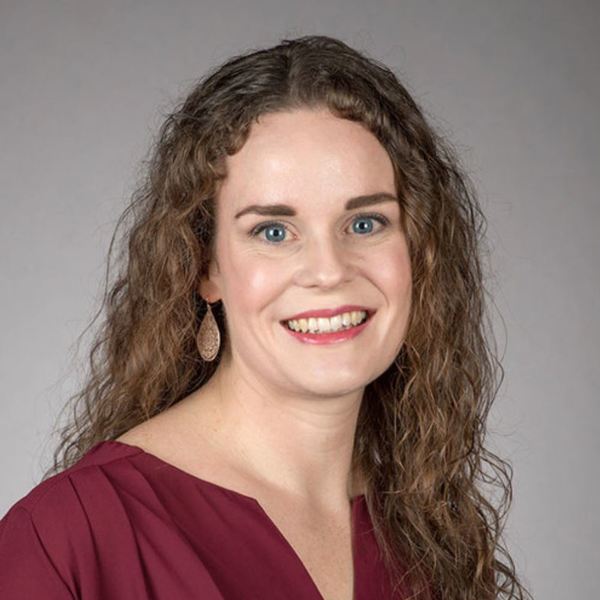Each month, a small group of people gathers in the Chapel of Our Lady of Mercy in Geddes Hall to pray Vespers, the evening prayer of the Church. We sing a hymn, we chant the psalms, we hear the words of Scripture, we listen to a homily offered by a member of the Notre Dame community, we offer intercessions for different needs, we celebrate the liturgical cycle of feasts and seasons—in short, we step away from the demands of academia and work in order to enter intentionally into the life and prayer of the Church.
The structure of Vespers itself never varies: greeting, hymn, psalms and/or canticles, reading, homily, responsory, Magnificat, intercessions, Lord’s Prayer, closing collect, dismissal, sign of peace. The whole thing takes thirty minutes, tops. The experience of Vespers, though, is different every time we gather. The psalms, antiphons, and readings change. The homilist changes, providing a new person’s perspective as he or she reflects on the Scriptures. The feasts and seasons change: right now, sunlight still fills the chapel when we pray, but by the time we reach our last gathering of the semester on November 30, the earlier darkness of winter will have begun to set in. Not only do these liturgical elements change every time we gather for Vespers, but we ourselves have also changed. Life has happened to us. Some days we arrive in good spirits, ready to enter into prayer together; other days we are distracted by a meeting or a presentation gone poorly, or by difficult news from home, or by fatigue or illness or anything else that might pull our minds from prayer.
And yet, when we enter into this time of prayer, we are not asked to ignore the things that make prayer a challenge; rather, we are invited to lift up the very things that might tempt us to forego this time with God. The whole point of Vespers is to spend time reflecting on the day that has been—the abysmal failures as well as the successes—and then offer all of it back to God in praise. The psalms in their breadth give us the words to express not only faith and trust and joy and peace, but also doubt and frustration and sadness and longing. And somehow, as we voice our own doubts and frustrations, as our sadness and longing are caught up in these ancient words of the psalms—these words that Jesus himself prayed even from the Cross—they are transformed by God’s grace, and even our own crosses become offerings of praise.
This is what happens every time we pray Vespers. We lift up our wholly insufficient prayers to God, and in so doing, we enter into the logic of the Magnificat, the canticle of Mary that is prayed every evening throughout the universal Church, wherein the mighty are cast down and the lowly are lifted up. Those who are rich—those who think they are sufficient unto themselves—are sent away empty, and those who have nothing—those who are poor in spirit—are filled with the gift of God’s merciful love.
If you’ve never prayed Vespers before and you find yourself on campus tomorrow evening, come to the Geddes Hall Chapel of Our Lady of Mercy at 5:15pm. There, we’ll join millions of others throughout the world in lifting up our evening prayer to God: thanking him for the gift of another day, asking him for mercy where we’ve failed, and trusting that he who is mighty will do great things for us, that he will fill us with his love and mercy, that he will give us his divine strength as we try again tomorrow and every day to do his will.
https://www.youtube.com/watch?v=aMdmQmpqmXs
